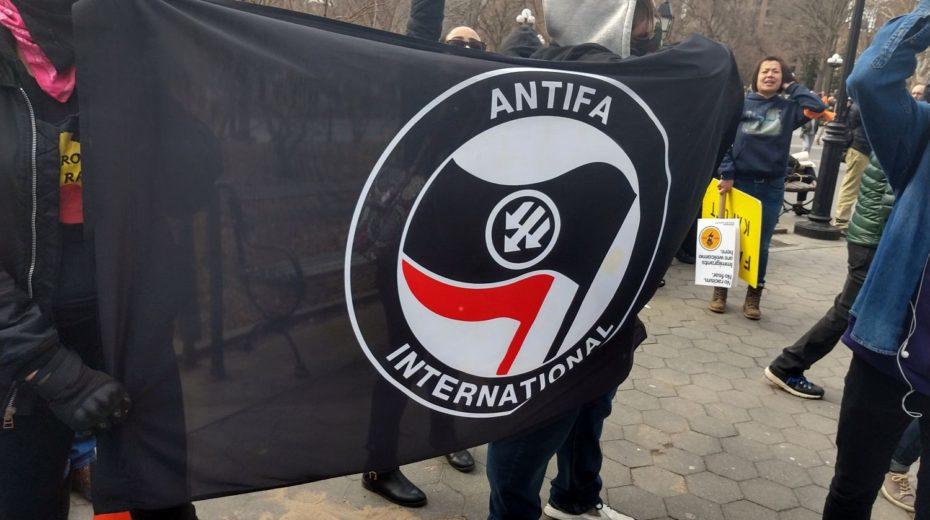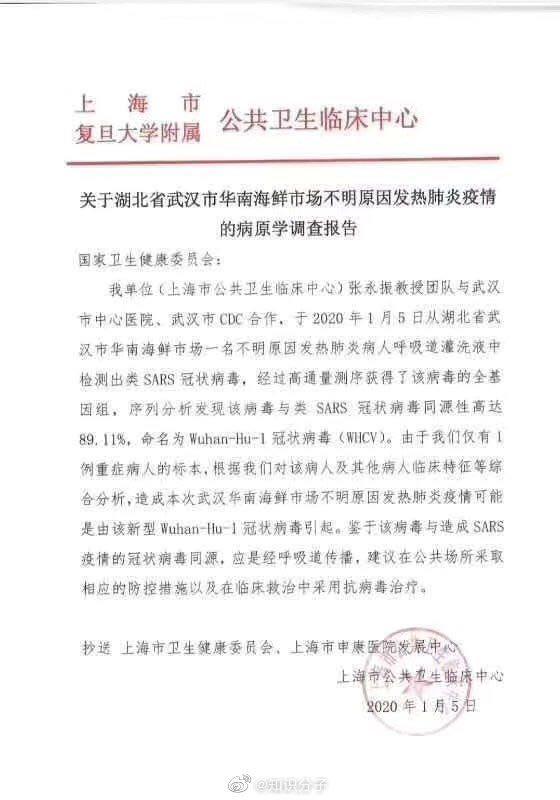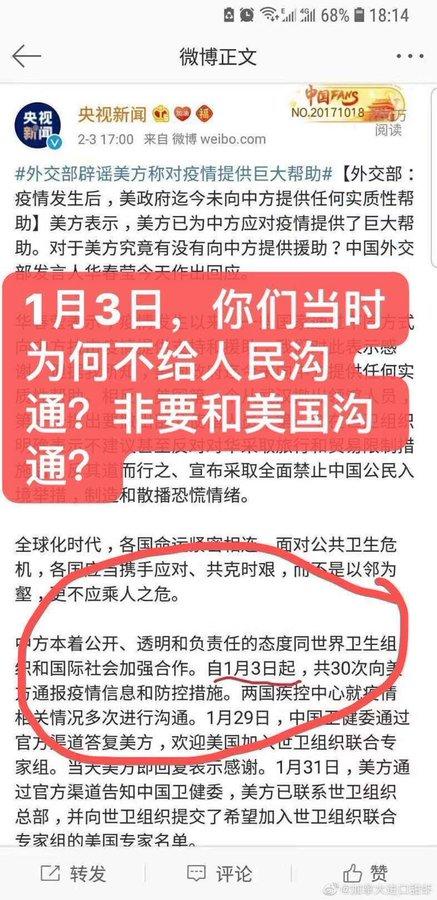Political Correctness In Britain? This Orwellian Madness Has Reached New Levels Of Absurdity
Authored by Martin Jay via The Strategic Culture Foundation,
I often ask myself how did Boris Johnson become PM of Britain, as I for one, don’t believe it’s entirely to do with Brexit, but more to do with a broader protest vote from a big part of the UK population who voted him in to redress the balance of PC madness which is threatening to destroy the country.
This great democracy, which many look up to as a beacon in the world, has advanced so far down the politically correct road, based on the erroneous assumption that free speech itself should come with caveats which protect those which might be ‘affected’ by it, that white males are losing the right and even the ability to debate.
I generally want to throw something at my 20 year old Samsung plasma (which is about 15cm in width) the moment I hear after a TV show on the BBC the gentle voice which asks “have you been affected by this program?”.
The decline in politics as a subject of common interest, the advancement of ‘comment’ on social media which overshadows raw news reporting and the incomprehensible guilt complex about Britain’s colonial history all combine to feed, if not sustain, a new mantra incubated in Britain’s debating forums: white people should keep quiet and listen to the thumb-sucking liberals and their two-faced moral tutelage, based on simply them being the victim class.
This new space is accommodated by anyone who feels that not being white, male and employed is in itself is a handicap to function in society and therefore, by definition, is entitled to an artificial-assisted narrative which should be given greater prominence – regardless of how ill-informed, biased, idiotic it may be, like only allowing alcoholics an opinion on drinking.
Britain’s multiculturalism is being threatened by these new ‘victims’ and the left wing British media’s obsession to promote their cause at any cost. Even ‘conservatives’ lend them some sympathy as we have got to the stage in Britain where more and more white people feel they don’t have the right to talk about any number of incendiary subjects and so have started to remain mute – which in itself gives further impetus to the loony left who drown in their own excreta of bigotry and hatred of everything which was once considered ‘great’ about Great Britain. The irony of course that often these people have been given prominence in British society by its multiculturalism and its loathing of discrimination, which they would not get in France or Germany. Or in the US for that matter.
This group, which claims to be anti fascist, is actually becoming a movement in itself which aims to achieve everything that Hitler, Mussolini or even Oswald Mosley would hope to achieve. The same group, hilariously, sees the EU as a kind of multicultural organisation which is there as an antithesis to fascism – without even bothering to check how the European Commission in Brussels doesn’t even employ 1% of its staff from brown skinned ranks and that its absolute determination to grab more power from voters is actually fuelling a far-right presence in the European parliament which is breaking all records.
In Britain, this Orwellian madness has reached new levels of absurdity, as an on line army of self-righteous activists have managed to establish a protocol of shaming anyone with an opinion. On anything which doesn’t chime with theirs. And the well organised gang bang on twitter puts the boot in far better than any Kristallnacht
White men are not allowed to talk or write about feminism without a unruly backlash; the same goes for colonial history, slavery and of course Brexit. The bigoted Left have stigmatised the word itself ‘Brexit’ to automatically mean ‘racist, anachronistic, colonial’.
The vortex of banality is the subject of race itself which as we have seen recently with the Laurence Fox debacle, is a subject which the Left have convinced us all that white males are not qualified to talk about – that when they do, we are led to believe that talking about race, is an act of racism itself.
Fox just recently left Twitter following his BBC talk show spat where he was accused to being “racist” for really having the nerve to do something even more horrific than dare to have an opinion on the subject but to actually speak common sense on it. The horror. The horror. How dare a white Englishman say “booh” to the lies being spread by the Left about Meghan being hounded out of Britain because of her skin colour?
We should be worried about Fox stepping away from Twitter?
The race debate has been dominated to such an extent by left wing ‘victims’ that we have reached a point of preposterousness where white people can’t even debate the subject itself.
Yet this absurdity is championed by the Left’s acolytes – often people who are victims of being neither white nor male and who have profiteered by positive discrimination – such as Kuba Shand-Baptiste who recently had a tantrum on twitter with me for simply having the audacity to pitch her an opinion piece on the subject of race.
The black comment editor, it would seem, writes almost entirely about race and racism. And so, naturally, I pitched to her in preference to her colleagues. But within seconds a spasm of misplaced antagonistic replies came before being blocked by the lady who took great acceptation to the idea of a white make journalist writing about racism in Britain.
Yet her anger wasn’t real. It couldn’t be as there was nothing really to get angry about. And herein lies the crux of what is wrong about the Left’s possession of these prickly subjects: their hue and cry is fake and they will go to any lengths to protect their own incomes and raison d’etre which derive from taking control of these subjects.
Shand-Baptiste wasn’t angry with me at all. She faked it so as to justify not replying to my pitch for an article on the subject, which I assume she does on a regular basis.
And who could blame her? After all, what would the Shand-Baptistes do in Britain if white males were able to promote their own ideas about racism in Britain? The answer is they’d be out of a job, even with the vociferous positive discrimination which the Indie (and the Washington Post for that matter) applies on its comment desk. If more celebrities like Laurence Fox were freely able to tweet his views about racism and how the subject has been hijacked by people like Shande-Baptiste then perhaps others would think more about the irony of a black journalist enjoying the privilege of an elitist job in Britain, writing about mainly her cause. Talk about low hanging fruit. And what irony.
She doesn’t like Laurence Fox nor his opinions as she, in her column, associates white males’ opinions to a “sliding bigotry” in a media landscape which she believes has airbrushed out the “marginalised” (black, Asian, Muslim, handicapped, lesbian etc), simply because one popular talk show was recently axed. It escapes her that the popular PC view championed by the Left doesn’t have to be necessarily fronted by black people on TV debates each night. Plenty of white folk carry the ‘victim’ torch on their behalf which is why we are in the position today where someone like Fox has to close his Twitter account. Fox appears to be a proponent of free speech and would probably die for Shande-Baptiste’s right to exercise it. I doubt if this would work the other way around as the black race commentator appears to burst into tears when a white male pitches a piece to her about racism. But her argument is flawed and churlish at best. On the one hand she claims that there is no real representation of ‘marginal’ voices (black) but then admits later in the piece that she has stopped taking the calls from producers to appear on such debates herself. Speaking on behalf of the entire black community in the UK, she gushes “ we either defend our rights and get screamed at, or we “go high” and embrace, sometimes physically, the people who attack us. No wonder some of us just don’t want to get involved”.
That hilarious if not invincible defeatism is the heart of the matter. Black commentators when challenged in the public debate are finding it harder to defend their corner in a country which is probably one of the least racist, multicultural countries in the world which gives black people opportunities. Indeed, the commentators’ journalistic career before becoming Oped editor at the Independent in 2018 appears to be pretty unremarkable, to say the least and many might argue that positive discrimination has placed her in a top job there. Is it an insecurity pang from her then that to continue to carry off the work of a respected journalist that racism needs to be a subject which is dominated by such ‘marginalised’ people? And if so, then why not let the truly marginalised take it, rather than those who preach about poverty from ivory towers?
The so-called liberal in the UK which Fox chooses to attack do not like being the subject of debate as people might look too closely at their theatre props and see a different story. Fox being threatened with death threats by such ‘marginals’ who don’t want anyone else to debate the issue of race is symptomatic of an advanced multicultural country which is confused at best and bewildered at worst by its colonial history. The PC cavalcade of those who wish to destroy all debate by white males in Britain is very much why and how Boris took the top job. But we should be very worried about Laurence Fox leaving Twitter as it is a victory for “black” commentators like Shande-Baptiste who goes cold all over when she sees a white male talk about her favourite subject.
Tyler Durden
Mon, 03/02/2020 – 03:30
via ZeroHedge News https://ift.tt/2PCilUq Tyler Durden







